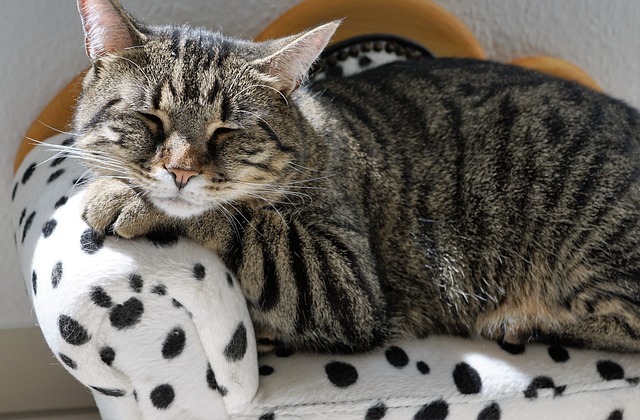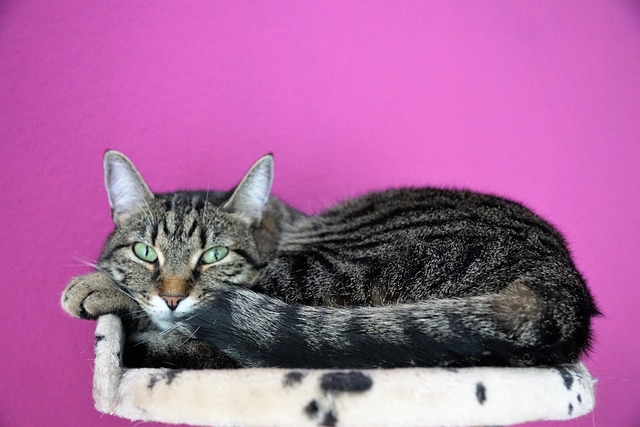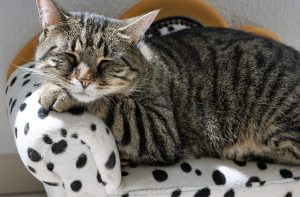
How to Treat Pneumonia in Cats
Pneumonia is a respiratory condition that can affect cats, just as it does in humans. It occurs when the lungs become inflamed due to an infection, and it can be a serious health concern for our feline friends. If you suspect that your cat has pneumonia, it’s essential to seek veterinary care promptly. In this article, we will discuss how pneumonia is diagnosed and treated in cats.
Recognizing the Symptoms Pneumonia in Cats
Pneumonia in cats can manifest in various ways, and its symptoms may vary in severity. Common signs of pneumonia include:
Coughing
Rapid or labored breathing
Nasal discharge
Fever
Lethargy
Loss of appetite
Wheezing or crackling sounds when breathing
Seeking Veterinary Care:
If you notice any of these symptoms in your cat, it’s crucial to consult your veterinarian. They will perform a thorough physical examination and may recommend additional tests such as bloodwork, chest X-rays, or a tracheal wash to confirm the diagnosis.
Treatment Options
The treatment approach for feline pneumonia typically involves:
Antibiotics: Most cases of pneumonia in cats are caused by bacterial infections. Your veterinarian will prescribe antibiotics to target the specific bacteria responsible for the infection.
Supportive Care: Cats with pneumonia may need supportive care, such as oxygen therapy and intravenous fluids, to help them breathe more comfortably and stay hydrated.
Rest and Isolation: Cats with pneumonia should be kept in a warm, quiet environment to facilitate healing. Isolation from other pets can prevent the spread of infection.
Nutritional Support: Encourage your cat to eat by offering palatable, easily digestible foods. In severe cases, your vet may recommend syringe feeding.

Follow-up Care
After initiating treatment, it’s essential to follow your veterinarian’s recommendations for medication and care. Attend all follow-up appointments to monitor your cat’s progress, and notify your vet of any worsening symptoms or side effects from the prescribed medications.
Preventing Pneumonia
While not all cases of pneumonia can be prevented, you can reduce the risk by:
Keeping your cat’s vaccinations up-to-date.
Minimizing exposure to respiratory irritants, such as cigarette smoke and household chemicals.
Providing a clean and hygienic living environment.
Promptly treating any underlying conditions that may weaken your cat’s immune system.
Remember that pneumonia can be a serious condition in , especially if left untreated. Early detection and veterinary care are essential for a successful recovery. Always consult with your veterinarian for guidance on your cat’s specific condition and treatment plan.




